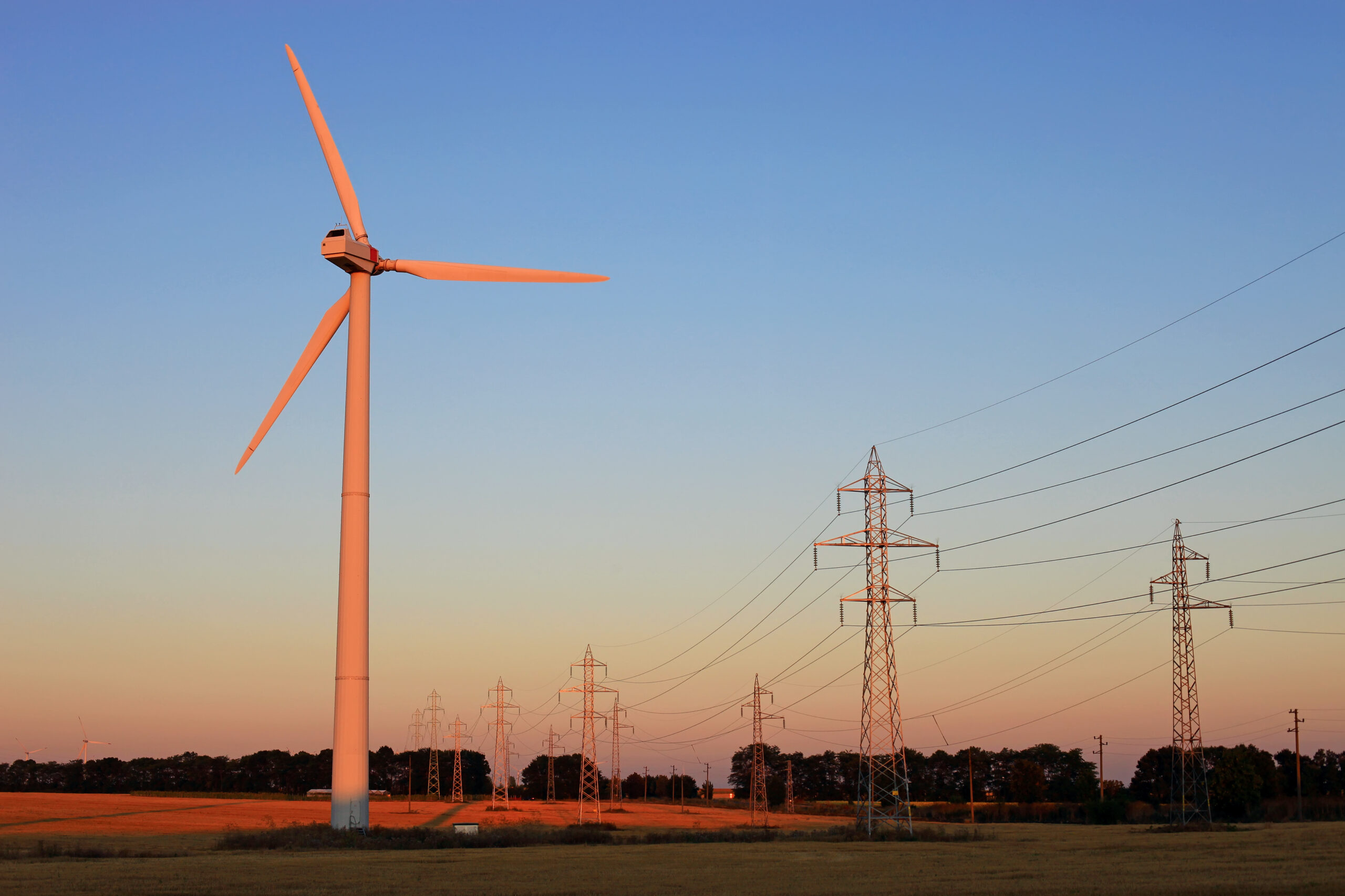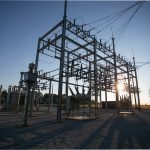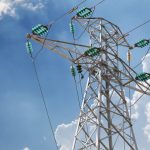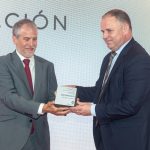José Antonio Grande, Head of Transmission and Distribution at Zigor, shares his insight into the electricity sector and the company’s commitment to contribute towards its modernisation.
In light of society’s increasing electrification trend, the energy sector is going through a profound transformation process. It is necessary to move away from grids that will be less and less capable of meeting the demands of new users. Consequently it is estrategy to boost other grids designed to address the challenges arising from the decarbonisation of the current energy model, the new environmental scenario and digitalisation of infrastructures and services.
There are disruptive trends that are already having repercussions on the electricity sector:
- Integrating electric cars in energy distribution grids.
- Gradual replacement of traditional heating systems with electric heat pumps.
- European economy’s decarbonisation policy.
- Advent of smart grids or smart and cybersecure electricity distribution grids.
José Antonio, what will the electricity grid of the future be like?
This electricity grid will have a distributed structure with more emphasis on renewable energies, with concepts such as decentralisation, self-management or self-consumption all gaining importance. Therefore, multiple physical assets and energy sources will be connected to the grid which will result in a highly dynamic system with multidirectional energy flows.
All this implies major new challenges when it comes to maintaining system stability and performance, preventing imbalances, power outages and other disturbances. Accordingly, the future will call for the construction of a modern, robust and interconnected energy generation and supply system that can only be controlled using intelligent communication technology and which consequently must be protected by means of cybersecurity protocols.
“The future calls for modern, robust and interconnected energy generation and supply systems which are controlled using smart technology.”
With this decentralised grid, how important is the energy storage sector for you?
In a decentralised scenario like this, the connection requirements at new generation plants, arising as a result of a wider range of distributed energy sources, will result in more storage applications for power grid regulation, which will grow given their lower costs and their technical performance.
The growing importance of batteries in high-capacity energy storage systems designed to facilitate grid regulation or supply in areas that are difficult to reach, as well as the high degree of interdependence between batteries and the power electronics systems that control them all point to a promising future for this type of technology.
For Zigor, energy storage on distributed electricity grids is a very important sector, which is the driving force behind a significant portion of the company’s business areas. So we have been working on and continually innovating in this sector for some time now.
For example, we are executing a two-year pilot project with Iberdrola in the city of San Agustín de Guadalix (Madrid), which will continue in Murcia. A series of storage containers have been installed in the city. There efficient communication solutions between power sources, batteries and other equipment at an electrical substation are being tested. After that we are committed to executing more pilot projects in this sector.
After that lets talk about decentralised and smart grids. What roles will cybersecurity play on these smart grids?
We are extremely interested and closely monitoring the smart grid sector, as this is the only way that complex electricity grids of the future can be managed in a centralised way. Most important,his shift towards smart grids requires electricity grids that make increasing use of telecommunications to connect the various items that make up the system. As a result, new communications, remote control and equipment cybersecurity challenges are appearing
In the case of Zigor, for example, when it comes to storage projects the MIT charger-rectifiers, which we manufacture and which form a part of our commercial offer, must communicate with the batteries and exchange date. This calls for us to design products in conjunction with the distribution companies (utilities) that incorporate communication and cybersecurity features and which are specific to each grid. To ensure the effectiveness of this security, all the surrounding equipment and products must include these features.
Electricity grid cybersecurity requirements are established for Europe using minimum standards which are established in conjunction with the utilities. The aim is to achieve European harmonisation. Even if the grids are different, and always bearing in mind that the future will consist of distributed electricity grids and renewable generation. Many products used for current grids do not include cybersecurity protocols, but this is something that will change and we must be ready for this shift.
Where does Zigor stand with regards to this transformation of the electricity sector?
For a company like Zigor which specialises in power electronics and energy storage technologies, we want to contribute to modernising the electricity sector by means of our expertise in technological solutions for storage, smart grids and cybersecurity, all of which are characterised by their efficiency and robustness.
We have a dual role in the sector. On the one hand we are a product manufacturer and on the other hand we are an integrator. That provides many different possibilities for us to work with customers.
“There are integrators who carry out this role without actually having their own products, but in our case we specialise in power electronics, we manufacture some of the products that make up the solutions and we integrate them with third-party equipment, applying our extensive technical knowledge in this sector,” says José Antonio Grande, head of Zigor’s Transmission and Distribution area.
We basically work with them in two ways:
- marketing the products we manufacture.
- implementing turnkey projects.
In the former, we can reach utility companies by means of the state-of-the-art power electronics products which figure in our catalogue which show the efforts made over the last few years to update and broaden the range of products. We also work with distribution companies for actions with greater added value, such as turnkey projects. In this projects we use both our own products and others from third parties.
When we design solutions for clients, our goals are based on three factors: reliability, robustness and simplicity. In order to achieve them, the solutions are developed in blocks that are put together as if they were Lego bricks. This type of design facilitates the implementation process and simplifies solution maintenance. In addition, projects are designed to provide 15 to 20 years of high performance.
As a company operating in the electricity sector, what conditions do you think are necessary to take advantage of the opportunities that will arise from the increasing electrification of the economy and society?
To sum up the electricity sector is undergoing a major transformation that will radically reshape both energy supply and distribution. As a result, the electricity ecosystem will be drastically different from the way it was just a few years ago. So, everyone working in this sector will have to adapt to the times and new demands, if they do not want to miss out on lucrative opportunities.
Part of society and the economy’s future is directly linked to the electricity sector’s transformation, which drives development in various spheres of activity:
- Smart cities
- Transport
- Buildings
- Commerce and industry
- SMEs
- Others.
In order to achieve this transformation and contribute to both economic and employment growth, electricity grids must be more resilient, reliable and flexible infrastructures.
Zigor’s Transmission and Distribution area endeavours to form a part of this future, guaranteeing the management, continuity and quality of power supply and preventing any interruptions or disturbances during energy conversion, as well as providing efficient, robust and sustainable solutions.
ZGR, your energy, our challenge

Head of Zigor’s Transmission and Distribution area







